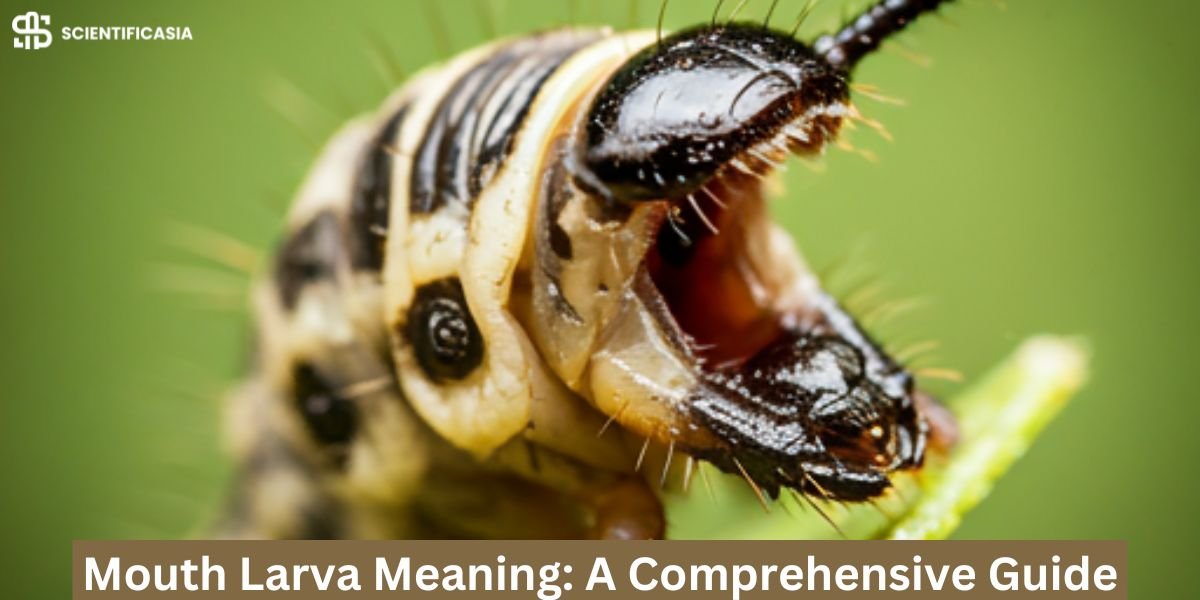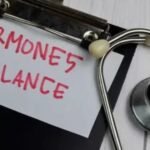Introduction:
Mouth larva meaning is a rare but unsettling condition that occurs when fly larvae, also known as maggots, infest the soft tissues of the human mouth. Known medically as oral myiasis, this condition typically arises in individuals who may have open sores, compromised immunity, or live in environments with high fly populations and inadequate sanitation. When flies lay their eggs in or near vulnerable tissue, the larvae can hatch and begin feeding on the flesh, causing pain, swelling, and other distressing symptoms.
Oral myiasis is most prevalent in tropical and subtropical regions, where certain conditions create an ideal environment for flies to lay their eggs. The condition is particularly common in individuals with poor oral hygiene, untreated wounds in the mouth, or weakened immune systems that make them more susceptible to infections and infestations. Despite the rarity of mouth larvae in developed countries, it remains a crucial topic of awareness in global healthcare and hygiene practices.
Understanding the Mouth larva meaning involves not only recognizing its causes and symptoms but also knowing the methods for removal, treatment, and prevention. This condition, while rare, can have serious consequences if left untreated. In this article, we’ll explore what is mouth larva, its causes, symptoms, treatment options, and tips for preventing this uncomfortable condition.
What is Mouth Larva?
Mouth larva meaning, a rather unsettling condition, is a rare type of myiasis, a parasitic infestation caused by fly larvae. In this specific case, the larvae make their home within the human mouth. While it might sound like something out of a horror film, it’s a real medical condition that can occur in certain circumstances, particularly in regions with poor sanitation.
Causes of Mouth Larva
Poor oral hygiene
One of the primary causes of mouth larvae is poor oral hygiene. When food particles and debris accumulate in the mouth, they create an ideal breeding ground for flies. The decaying matter attracts these insects, who may lay their eggs on the food particles or in any open wounds in the oral cavity.
Open wounds in the mouth.
Open sores, cuts, or ulcers in the mouth can also serve as entry points for fly larvae. Understanding mouth larva meaning helps to recognize how these wounds provide a warm, moist environment that is perfect for the larvae to develop. Once the eggs hatch, the larvae can burrow into the wound, causing pain, swelling, and infection.
Ingestion of Contaminated Food
In some cases, consuming contaminated food can lead to the development of mouth larvae. Uncooked or improperly stored food may harbor fly eggs or larvae. Consumption of this contaminated food can cause the larvae to hatch, enter the digestive tract, and eventually reach the mouth.
Symptoms of Mouth Larva
The symptoms of mouth larva can vary in severity, but they are often quite distressing. As the larvae burrow into the soft tissues of the mouth, they can cause a range of unpleasant sensations and visible signs of infection.
Pain in the Mouth
One of the most common symptoms of mouth larvae is severe pain in the affected area. Depending on the number and size of the larvae, this pain can range from mild discomfort to intense agony.
Swelling in the mouth
As the larvae feed and multiply, they can cause significant swelling in the mouth and throat. This swelling can make it difficult to speak, eat, or even breathe.
Difficulty Swallowing
The swelling and inflammation caused by larva in mouth can make swallowing painful and challenging. In severe cases, it may be nearly impossible to swallow food or liquids.
Bad Breath
The presence of decaying tissue and the metabolic waste products of the larvae can lead to severe bad breath, often described as a foul, rotten odor.
The sensation of something moving in the mouth
One of the most disturbing mouth larva symptoms is a feeling of movement. This can be extremely distressing and it can lead to anxiety and depression.
Treatment of Mouth Larva
Prompt medical attention is crucial for the effective treatment of mouth larva. The primary goals of treatment are to remove the larvae and alleviate symptoms.
Manual Removal of Larvae
- Local Anesthesia: The affected area may receive a local anesthetic to reduce discomfort.
- Extraction: Using sterilized forceps or other specialized tools, a healthcare professional carefully extracts the larvae one by one.
- Thorough Cleaning: To prevent secondary infections, the affected area undergoes thorough cleaning after mouth larva removal.
Medication to Kill Larvae
In cases where manual removal is not feasible or if the infestation is severe, medication may be necessary to kill the larvae.
- Topical Medicines: You can directly apply antiparasitic creams or ointments to the affected area to kill the larvae.
- Oral Medications: To kill the larvae throughout the digestive system, doctors may occasionally prescribe oral medications like antiparasitic drugs.
- Pain Relief: Over-the-counter pain relievers, such as ibuprofen or acetaminophen, can help alleviate pain and discomfort.
It’s important to follow the prescribed medication regimen and complete the full course of treatment to ensure complete eradication of the larvae.
Prevention of Mouth Larva
While mouth larva is a relatively rare condition, there are several preventive measures you can take to reduce your risk:
Maintain good oral hygiene.
- Regular brushing and flossing: Brushing your teeth at least twice a day and flossing daily can help remove food particles that may attract flies.
- Mouthwash: Using a mouthwash can further reduce the bacterial load in your mouth.
- Dental Check-ups: Regular dental check-ups can help identify and treat any oral health issues that may increase your risk of infection.
Avoid consuming contaminated foods.
- Proper Food Storage: Store food in airtight containers to prevent fly infestation.
- Cook food thoroughly to the right temperature to eliminate any potential parasites.
- Avoid Street Food: In areas with poor sanitation, it’s best to avoid street food, as it may be contaminated with fly eggs or larvae.
Seek prompt medical attention for mouth wounds.
- Clean the Wound: If you have a mouth wound, clean it thoroughly with warm water and light soap.
- Apply Antiseptic: Apply an antiseptic to the wound to prevent infection.
- Consult a dentist: If the wound is severe or doesn’t heal quickly, consult a dentist for proper treatment.
By following these preventive measures, you can significantly reduce your risk of contracting mouth larva.
Mouth Larva and Jiggers: Understanding the Difference
While mouth larva meaning and jiggers are both parasitic infestations, they are distinct in terms of cause and affected areas. Jiggers are sand fleas that burrow into the skin, often in the feet, and cause intense irritation and inflammation. On the other hand, fly larvae that infest the soft tissue inside the mouth are what cause mouth larvae. However, unsanitary environments link to both conditions, making them more common in tropical areas. Immediate attention and proper treatment are essential to prevent further health complications in both cases.
Conclusion
Mouth larva meaning, though uncommon, is a distressing condition that can cause significant discomfort and health complications. It’s essential to understand the causes, symptoms, and preventive measures associated with this parasitic infection.
Key Points:
- Causes: Poor oral hygiene, open mouth wounds, and ingestion of contaminated food can lead to mouth larva.
- Symptoms: Common symptoms include pain, swelling, difficulty swallowing, unpleasant breath, and a sensation of something moving in the mouth.
- Treatment: Treatment involves manual removal of larvae and, in severe cases, medication to kill the parasites.
- Prevention: Maintaining excellent oral hygiene, avoiding contaminated food, and seeking prompt medical attention for mouth wounds can help prevent mouth larva.
By practicing excellent oral hygiene, being mindful of food safety, and seeking timely medical attention, individuals can effectively reduce their risk of experiencing this unpleasant condition. Early diagnosis and treatment are crucial to minimizing discomfort and preventing potential complications.
















